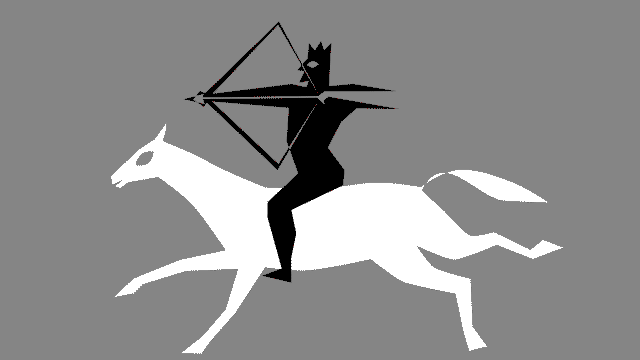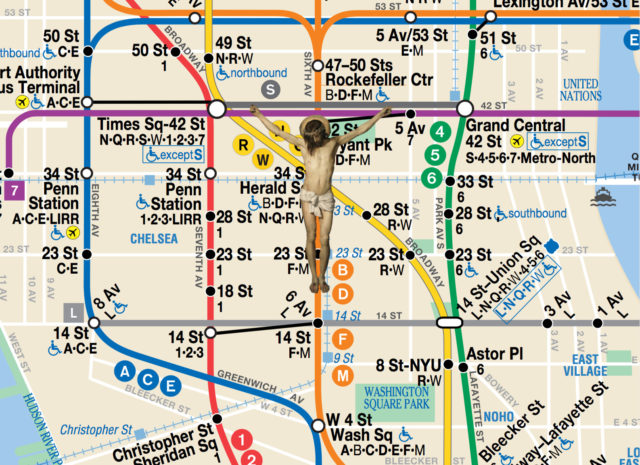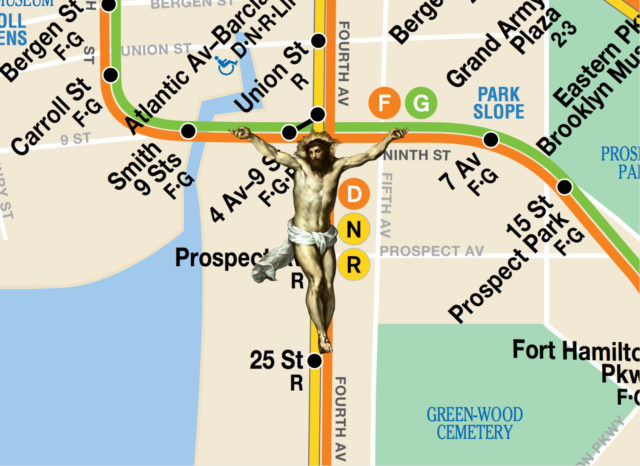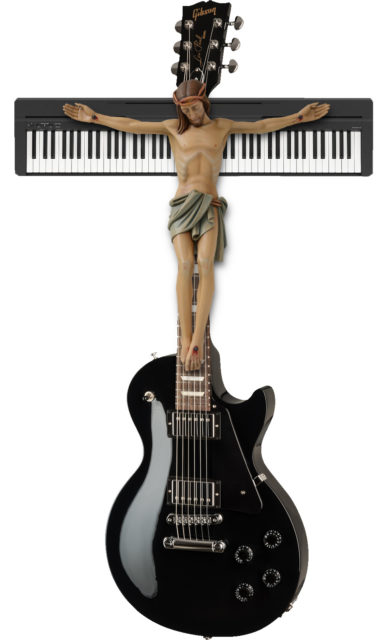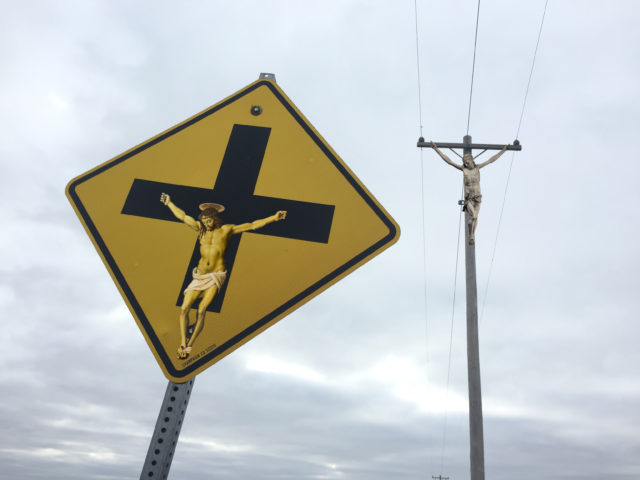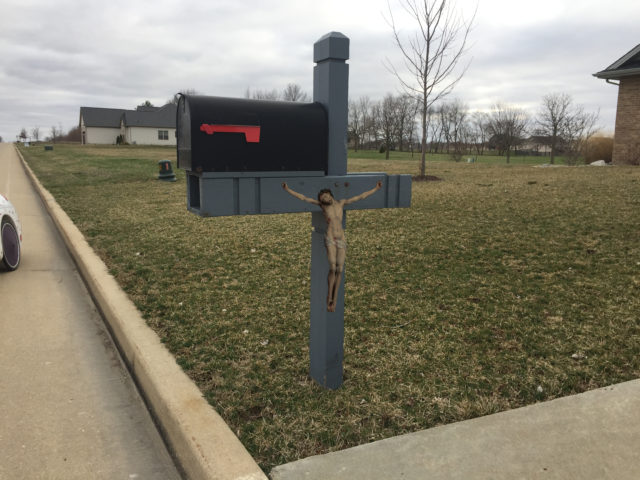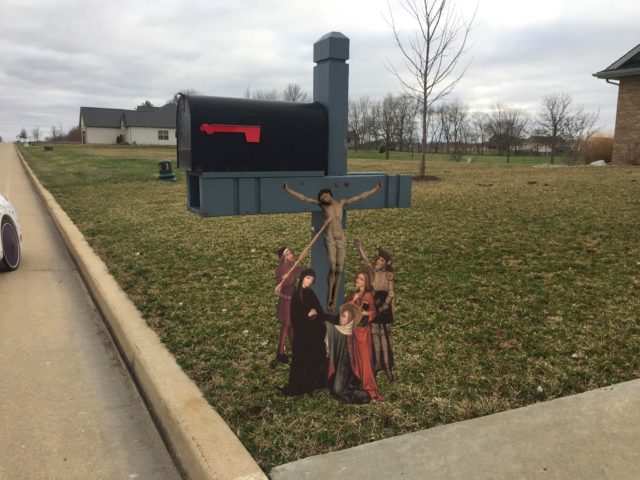The COVID-19 pandemic is a miracle.
I mean this in the biblical sense. Biblical miracles are horrific, bringing death and destruction. The Ten Plagues of Exodus were miracles, or at least “wonders.” The miracles of Revelation are even worse.
A miracle isn’t a fluffybunny event. It is an act of God.
The COVID pandemic is a power greater than ourselves. We can’t stop it; we understand very little about it. It brings us to our knees.
I am in awe of it. I have watched humanity killing the planet my whole life, with obvious warnings of dire consequences. But this Spring’s COVID shutdowns were the first time I saw humanity do anything about it. It was short-lived, but amazing: flights grounded, industry slowed, pollution abated enough to reveal long-hidden mountains for the first time in years.
All of that ended after only a few months. Nothing to see here, folks; go back to paying attention to MONEY. And so contrails again fill the skies, mountains retreat back into smoggy shrouds, and the gears of commerce grind away.
Biblical miracles are famously unheeded, which is why it took all Ten Plagues for Pharaoh to relent. God issues clear commandments; humans don’t follow them. This is the whole story of the Old Testament. Even after occupying the Promised Land, the Hebrews can’t get their shit together, and Jerusalem falls over and over again. The New Testament is no better, especially the ending.
The COVID-19 virus makes its demands pretty clear: Avoid crowds. Stop industrial slaughterhouses and factory farming. Don’t go to (non-essential) work. Spend time with your children; actually raise them. Stay home from school. Stay home, but go outside; look at the sky, feel the sun, breathe the fresh air. Attend to Reality over money. Don’t go to bars, don’t party, don’t crowd into spectacles like sportsball. Calm the fuck down. Take a goddamn break from your hyper-consumer lifestyle.
We still need food and shelter and medicine, the sustenance and maintenance of our lives, and the virus doesn’t seem to have anything against these. The virus clarifies what is essential and non-essential. It turns out much of human activity isn’t essential. We already knew that; the virus urges us to stop denying it.
The pandemic makes another biblical suggestion: a Jubilee cancellation of debt. We can’t stop the gears of commerce, we argue, because we’re all in debt – if we don’t earn money, we will die! Our society won’t forgive debts, but what if we simply froze them, until a vaccine or cure is found? A year (or however long it takes) out of commercial time. Don’t end, but suspend the non-essential economy. All debts, for everyone, everywhere, frozen*. A global time-out. That would be a miracle.
I don’t believe in the biblical god. But I do believe in Nature, and natural consequences. The coronavirus is just one of many disastrous and inevitable natural consequences of human activity. Animal agriculture and overpopulation and global industrialization will do this; it’s a wonder it’s taken so long. It’s also a wonder how gentle the virus is, all things considered. It could have been more like ebola, with a much higher death rate. Plagues of the past have been far deadlier. The Black Death killed 50% of some European regions. We are getting off lightly here.
My response to this miracle is awe. Others respond with denial, or panic, or exploitation. So it has been written; so it ever was, and ever will be. I have long felt like I’m living in a dystopian novel, but right now I also feel like I’m living in a biblical prophecy. What a wonder, to witness these times!
*What about money to run the essential services? Our economic system accumulates vast reservoirs of money in billionaires. If these reservoirs can’t be used, then what exactly is this system for?

